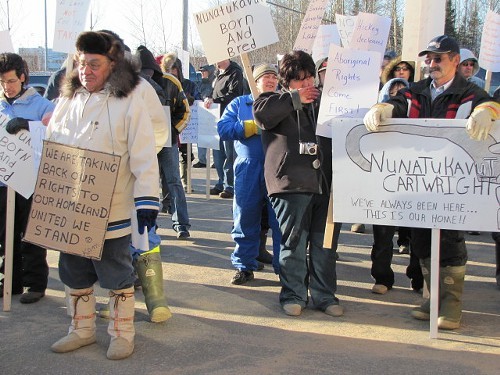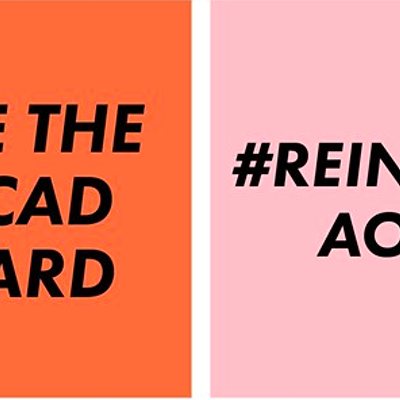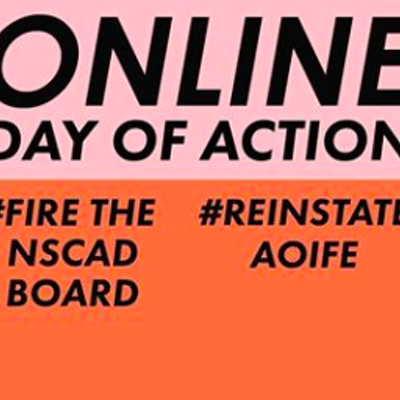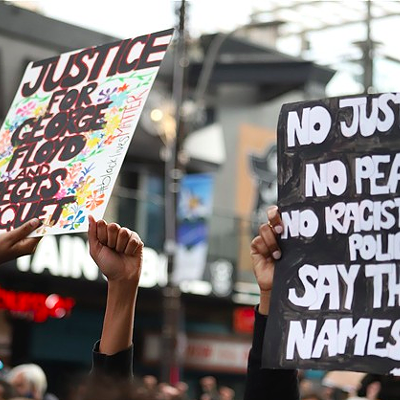About 100 members of an aboriginal group rallied outside provincial government offices in Happy Valley — Goose Bay, Labrador today to protest against plans to build a hydro-electric dam on the Lower Churchill River. Some of the protesters, members of NunatuKavut, formerly known as the Labrador Métis Nation, drove several hundred kilometres to protest in temperatures that dipped to -18 C with the wind chill. They were expressing their opposition to a deal under which Labradorians would lose a large section of one of the world’s most beautiful, sacred and historic rivers while the power generated at the Muskrat Falls dam would be shipped to Newfoundland, Nova Scotia and possibly the US.
“We find it quite upsetting that everybody is celebrating green energy but in order to make green energy, they’re flooding Labrador,” Chris Montague, president of NunatuKavut told the Coast in a telephone interview on Wednesday. “It’s been the same story with the Upper Churchill,” he added. “They flooded an area nearly the size of the Avalon Peninsula to bring green energy down into North America, so nobody seems to care about Labrador. Nobody seems to care about us.”
Montague is especially angry that the $6.2 billion power deal was announced with no notice to the 4,000 members of NunatuKavut. “We only heard about this Muskrat Falls deal the day before on the news,” he says. “No one in government called us about it until after the news release.”
NunatuKavut and other aboriginal groups, including the Innu, still have unsettled land claims. “We’re saying this is our territory. We’ve always been here. This is our home,” Montague says. “Why are we being excluded?”
Meantime, Montague insists the Muskrat Falls project will not go ahead unless a compensation agreement is reached with NunatuKavut. The Newfoundland government has concluded an agreement with the Innu, but refuses to negotiate with NunatuKavut until the federal government recognizes its land claim. Montague says the claim is based on a 1765 treaty with the British, two million dollars worth of independent academic research and a Supreme Court ruling which says governments have a duty to consult aboriginal communities about decisions that may affect their rights.
“We want our opinion to be considered on whether or not this project goes ahead,” Montague says, adding that a federal environmental assessment is still not complete, nor have the required public hearings been held.
“There’s a lot of people outraged by this,” Montague says, “by the suddenness, by the exclusion.”















